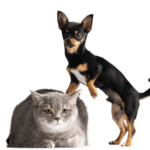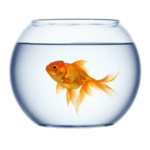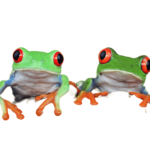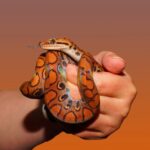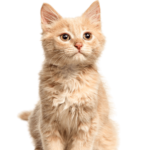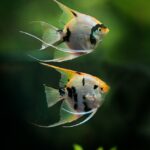100% Natural Feed for Animal Kingdom &
100% Organic Fertilizer for Plants.
Natural feed is an important aspect of sustainable agriculture and animal husbandry, as it promotes the health and well-being of the animals while also improving the quality of the end product.
Organic fertilizers are an important component of sustainable agriculture, as they can help to promote soil health, reduce the need for synthetic fertilizers, and improve the environmental sustainability of agricultural practices.


AGSO BSFL
Natural feed for POULTRY
Black Soldier Fly (BSF) larvae are commonly used as a protein-rich feed supplement for poultry. BSF larvae are high in protein and fat, making them a nutritious and cost-effective alternative to traditional poultry feeds.
In addition to their nutritional value, BSF larvae have other benefits as poultry feed. For example, they are relatively easy to cultivate, and can be grown on a variety of organic waste materials such as food waste, manure, and agricultural byproducts. This means that BSF larvae can provide a sustainable solution for poultry farmers looking to reduce their environmental impact and lower feed costs.
Furthermore, BSF larvae have been shown to have positive effects on poultry health, such as reducing the incidence of coccidiosis (a common intestinal disease in poultry) and improving gut health.
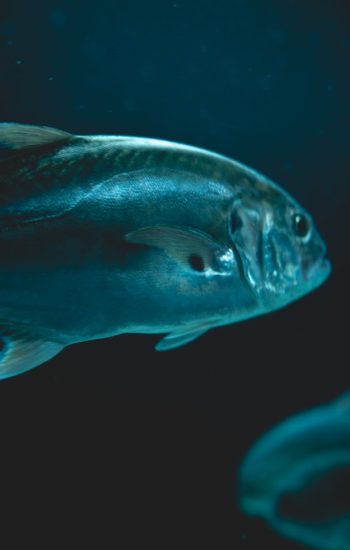
AGSO
Natural feed for FISH & CRUSTACEAN.
Black Soldier Fly (BSF) larvae are also commonly used as a feed supplement for fish and prawns. They are high in protein and fat, which makes them a nutritious and cost-effective alternative to traditional fish and prawn feeds.
Furthermore, research has shown that BSF larvae can improve the growth and health of fish and prawns. Studies have demonstrated that fish and prawns fed a diet supplemented with BSF larvae had higher weight gain and improved survival rates compared to those fed a traditional diet.
Overall, using BSF larvae as a feed supplement for fish and prawns can be a promising option due to their nutritional value, sustainability, and potential benefits for growth and health.

AGSO
Natural Feed for PETS
Black Soldier Fly Larvae are indeed a great source of nutrition for pets. They are rich in protein, which is essential for building and repairing muscle tissue, as well as for maintaining a healthy immune system. In addition, they contain natural calcium and phosphorus, which are important for strong bones and teeth.
Good fat is also present in black soldier fly larvae, which provides energy to pets and helps regulate body temperature. Fatty acids found in black soldier fly larvae contribute to healthy skin and a shiny coat.
Black soldier fly larvae are also environmentally friendly and sustainable. They can be produced on a large scale using food waste, which reduces the amount of waste going to landfills.


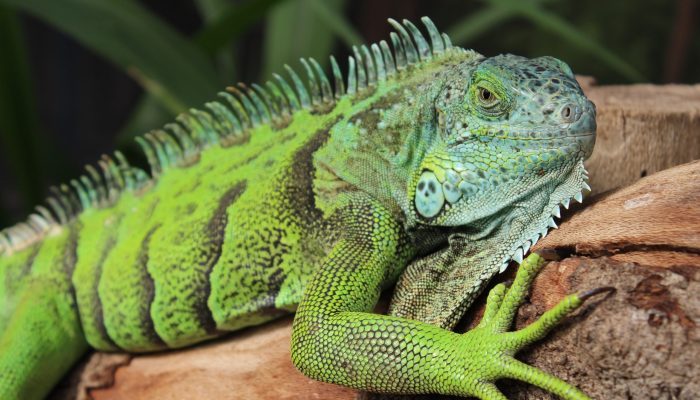
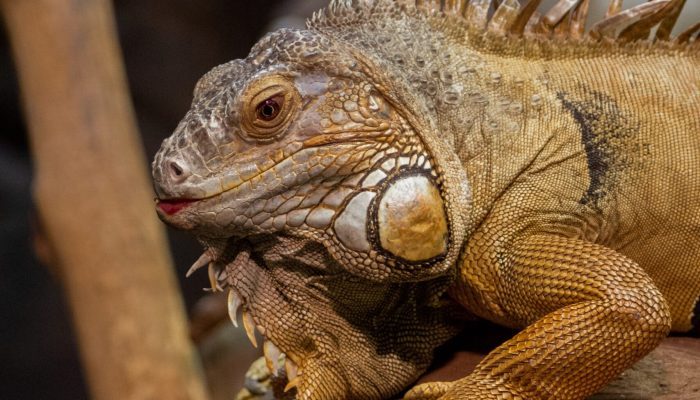
AGSO
Natural feed for REPTILES.
Black soldier fly larvae are a popular choice as feed for reptiles because they are high in protein and low in fat. They are also a good source of calcium, which is important for reptile health.
In addition, black soldier fly larvae are easy to digest, making them a great choice for reptiles that have sensitive digestive systems. They are also less likely to carry parasites or diseases than other types of feeder insects, such as crickets or mealworms.
When feeding black soldier fly larvae to your reptile, it is important to ensure that the larvae are properly gut-loaded and supplemented with calcium before feeding them to your pet. This will help ensure that your reptile is getting all the nutrients they need to stay healthy.
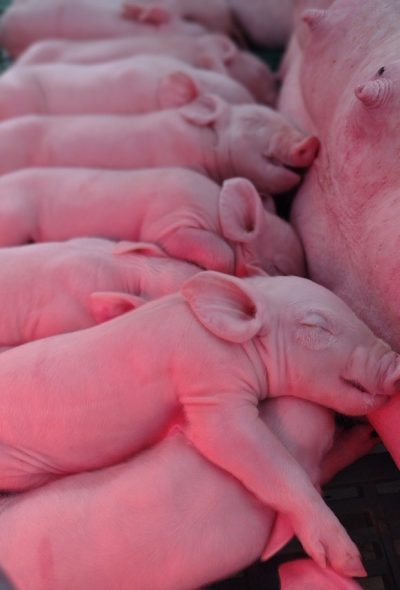
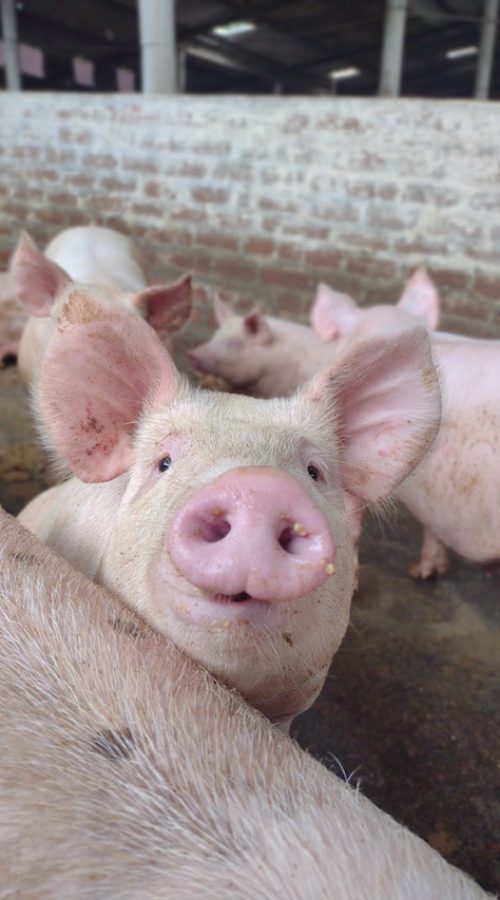
AGSO
Natural feed for SWINE.
Black Soldier Fly (BSF) larvae can be used as a highly nutritious feed source for swine. They are rich in protein, fat, and other nutrients, making them an excellent supplement to the diet of pigs.
BSF larvae are also a sustainable feed option as they can be produced from various organic waste materials, such as food waste and manure, reducing the environmental impact of traditional feed production. Additionally, the use of BSF larvae in pig feed can help reduce the dependence on soybean meal and other plant-based protein sources, which are often associated with deforestation and other environmental concerns.
Research has shown that including BSF larvae in pig diets can improve growth performance and reduce the cost of feed. However, it is important to note that the inclusion rate of BSF larvae in pig feed should be carefully controlled to avoid any negative impacts on pig health or performance. It is recommended to consult with a veterinarian or animal nutritionist before introducing BSF larvae into pig diets.

AGSO
Natural fertilizer for PLANTS.
Black Soldier Fly (BSF) frass, which is the excrement of the larvae, can be used as a highly effective organic fertilizer. BSF frass is rich in nutrients such as nitrogen, phosphorus, potassium, and calcium, which are essential for plant growth.
The use of BSF frass as a fertilizer offers several benefits over traditional chemical fertilizers. Firstly, it is an organic and sustainable alternative that helps to reduce the amount of chemical fertilizers used in agriculture, thus reducing the environmental impact. Secondly, BSF frass is slow-release, meaning that it releases nutrients gradually over time, providing a long-lasting source of nutrition for plants. This helps to reduce the risk of nutrient leaching and runoff, which can contribute to water pollution.
Furthermore, BSF frass has been shown to improve soil structure and water-holding capacity, leading to increased soil fertility and improved plant growth. It is also free of harmful pathogens and is safe to use around pets and children.
In summary, the use of BSF frass as a fertilizer offers a sustainable, organic, and effective way to nourish plants while reducing the environmental impact of conventional agriculture practices.
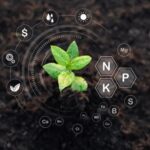 BSF Frass (Fertilizer)
BSF Frass (Fertilizer)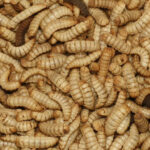 Live BSF Larvae.
Live BSF Larvae.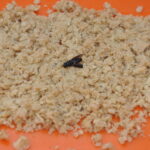 BSF Eggs
BSF Eggs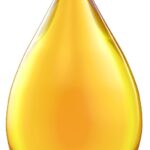 BSFL Oil
BSFL Oil